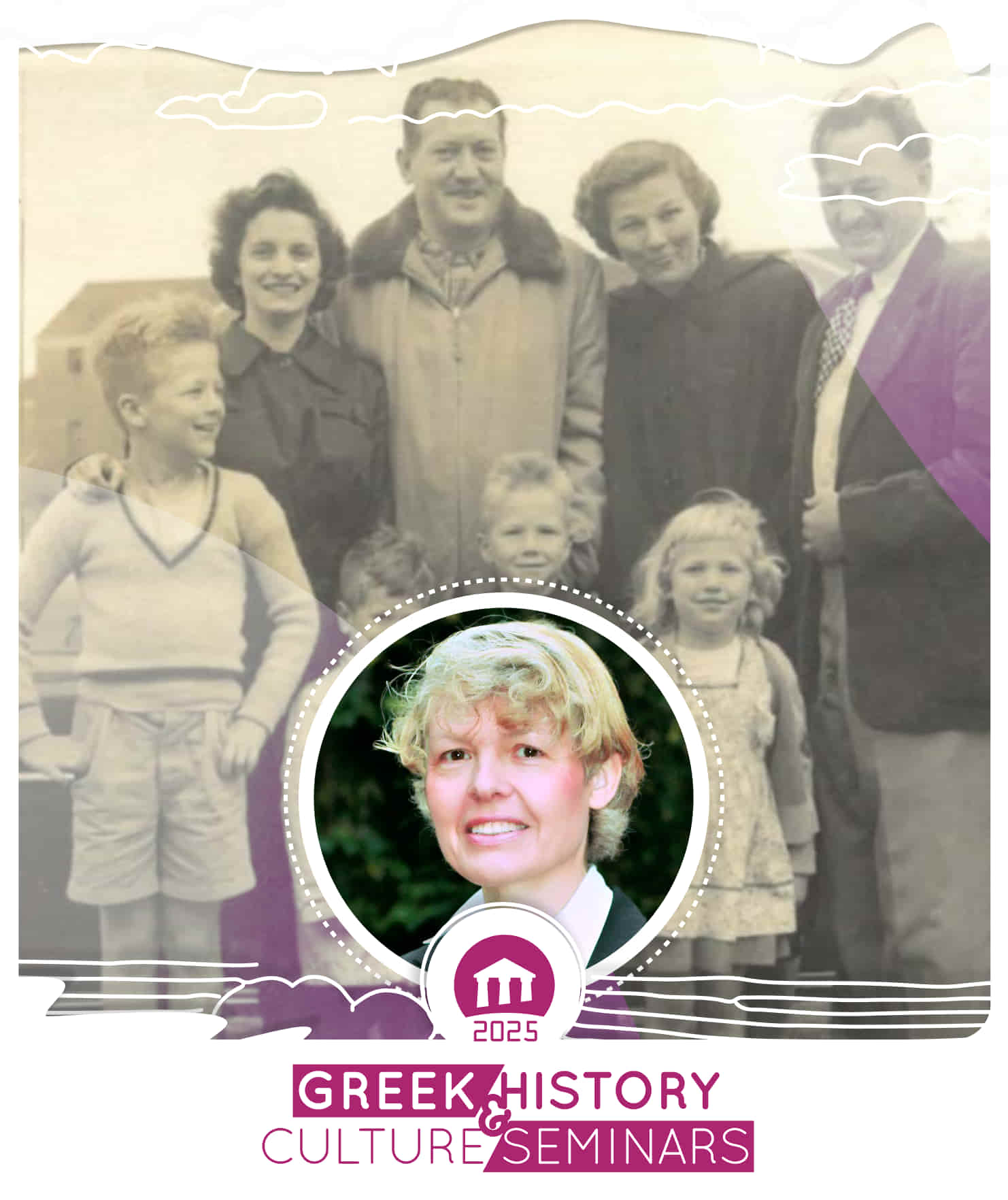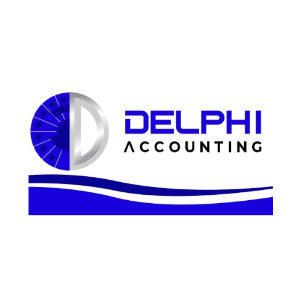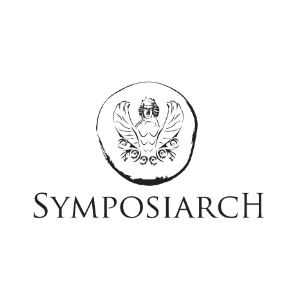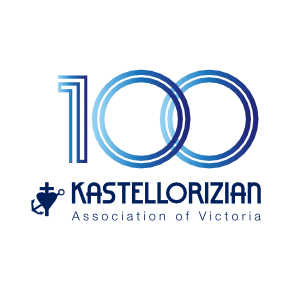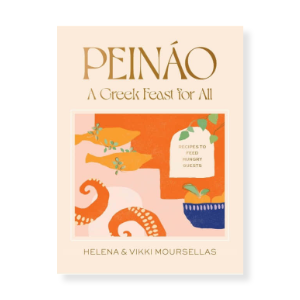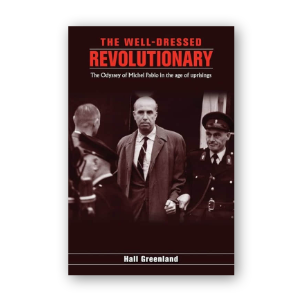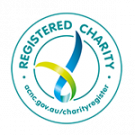|
| |
The Battle for Bodies, Hearts, and Minds
Full title: The Battle for Bodies, Hearts, and Minds in Postwar Greece: Social Worker Charles Schermerhorn in Thessaloniki, 1946-1951 Seminar Date: Thursday 26 June 2025 @ 7pm Mel | 12pm GR | 10am UK | 5am NY
Location: Live Stream Only: YouTube, or Facebook
Presenter: Prof Gonda van Steen
Language of Presentation: English
Entry: FREE |
|
|
| |
Synopsis
On 17 May 1946, the American social worker Charles Schermerhorn arrived in Greece. He arrived at a critical time: Greece had just come out of a brutal Nazi German Occupation and was about to engage in a three-year-long and devastating civil war (1946-1949). Charles was appointed by UNNRA (United Nations Relief and Rehabilitation Administration), subsequently by the Near East Foundation, and eventually by UNICEF. That means that, in the course of a mere five years, Charles saw a tremendous amount of American-influenced administrative and logistical planning for Greece, which was a focus of intense early Cold War friction and scrutiny. Charles’ own appointment as an UNRRA child welfare specialist attests to a Western-imported and hegemonic humanitarian model, which had to serve as an antidote to the rise of Soviet-style communism in Southern Europe and the Balkans. The global focus of the time was on children: they held the future of their respective societies and, as adults, would determine whether a nation would align itself with the West or with the East.
|
|
|
|
|
| |
Bio
Gonda Van Steen holds the Koraes Chair of Modern Greek and Byzantine History, Language and Literature in the Department of Classics at King’s College London. She also directs King’s Centre for Hellenic Studies. She received her PhD degree in Classics and Hellenic Studies from Princeton University. Van Steen is the author of five books: Venom in Verse: Aristophanes in Modern Greece; Liberating Hellenism from the Ottoman Empire; Theatre of the Condemned: Classical Tragedy on Greek Prison Islands; and Stage of Emergency: Theater and Public Performance under the Greek Military Dictatorship of 1967-1974. Her latest, single-authored book, Adoption, Memory, and Cold War Greece (2019), takes the reader into the uncharted terrain of Greek adoption stories that become paradigmatic of Cold War politics and history (Greek translation Ζητούνται παιδιά από την Ελλάδα, Athens: Potamos, 2021). Van Steen most recently published an edited volume titled The Battle for Bodies, Hearts and Minds in Postwar Greece: Social Worker Charles Schermerhorn in Thessaloniki, 1946-1951 (Routledge, 2024).
|
|
|
|
|
| |
How to Participate
This is an online-only event, so please join us on YouTube, or Facebook You don't need an account with either of these services to just watch the event, but you do need one if you want to participate in the Live Q&A. At the end of the lecturer's presentation, we ask our viewers to submit their written questions through the comment or chat function of Facebook or YouTube (you'll need to have an account with that service to be allowed to comment). We then select and submit a number of your questions to our guest. We look forward to your insightful participation.
|
|
|
|
|
| |
Sponsors
We thank Penny Zagarelou Mackieson for the kind donation that made this seminar possible. During the course of the year considerable expenses are incurred in staging the seminars. In order to mitigate these costs individuals or organisations are invited to donate against a lecture of their choice. You too can donate for one or more seminars and (optionally) let your name or brand be known as a patron of culture to our members, visitors and followers, as well as the broader artistic and cultural community of Melbourne. Please email: info@greekcommunity.com.au or call 03 9662 2722. We thank the following corporate sponsors:
|
|
|
|
|
| |
See more Greek History and Culture Seminars
Did you know that you can see the whole 2025 seminar program, details of upcoming seminars, watch previously recorded seminars and more on the Greek Community website?
You can find your way there in one of the following ways:
- Visit our website and go to
Events > Event Series > Greek History and Culture Seminars 2025
or
- Follow this link: https://www.greekcommunity.com.au/seminars-2025
or - Click the button below.
(PS: Catch up with 2024 Seminars you missed by following this link)
|
|
|
|
| |
Love Greek Culture? Love Greek Books
Find a book you'll love, or the perfect present on our Greek Community of Melbourne Bookshop. Two of our suggestions: -
The Well-Dressed Revolutionary
A leading, and controversial figure in revolutionary Marxist circles from the 1930s onwards. Throughout the 20th century Pablo – and his partner, Elly Diovouniotis – were active in popular revolutions around the globe - see it here
or Peináo
Fun and modern spins on Greek classic dishes.Peináo translates to ‘I’m hungry’ in Greek, which is how you’ll feel flipping through this book. Whether you’re cooking for a dinner party, breakfast for family, or mezze for friends, there’s a delicious Greek feast for every occasion - see it here
|
|
|
|
| |
|
The Greek Community of Melbourne is registered as a charity with the Australian Charities and Non-Profits Commission ABN 14004258360
|
|
|
|
|
|
